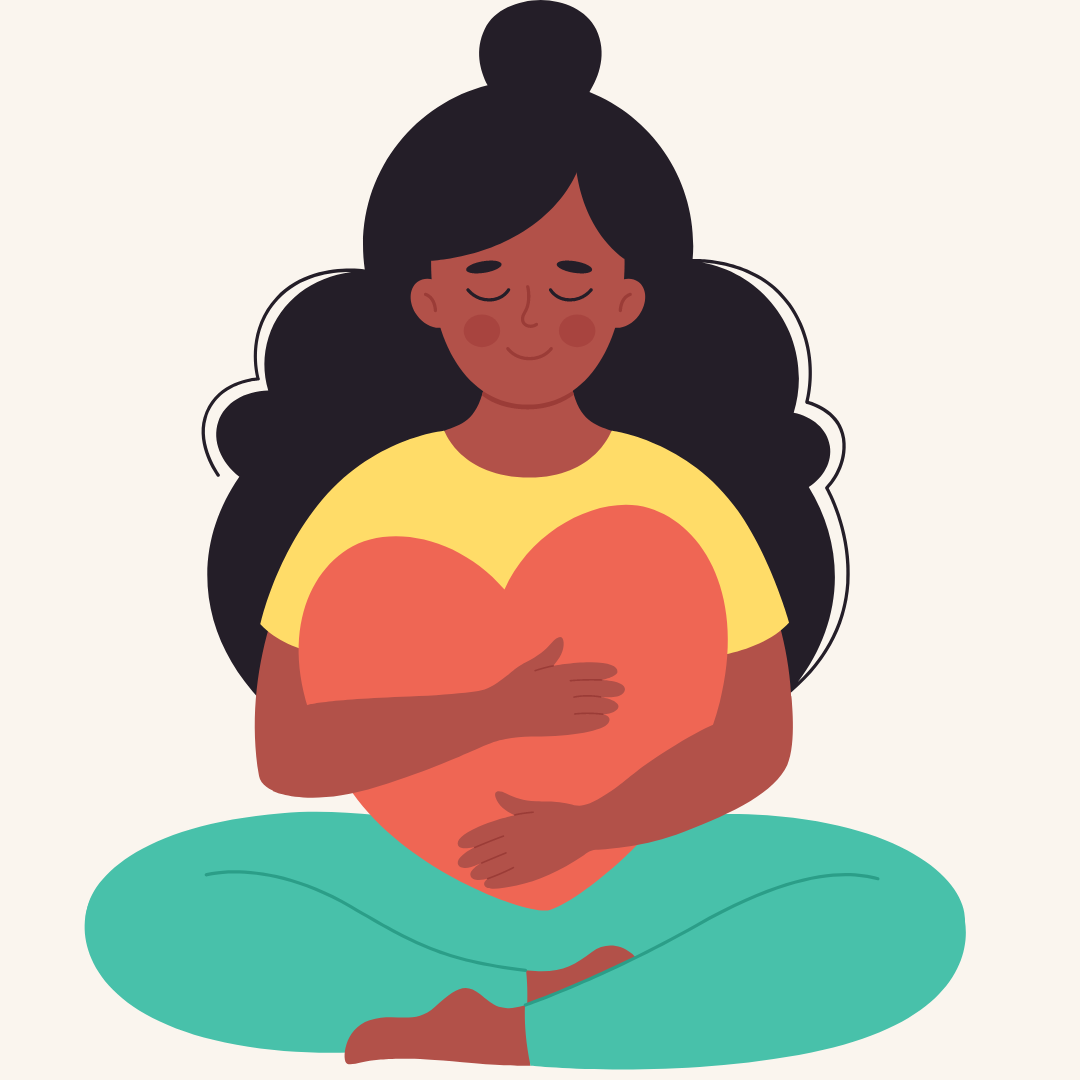Mental Illness – by Rhea Krishnan
In South Asian communities, mental illness is often seen as a source of shame and stigma. It is considered a taboo subject and many individuals are uncomfortable talking about it openly. Mental health issues are rarely discussed in the home, as there is a fear that discussing mental illness in the family will bring dishonor and create divisions between members. Many South Asians struggle with anxiety, depression, and other mental illnesses, but they often go undiagnosed and untreated due to the cultural norms that discourage people from seeking help or talking about their struggles.
Mental illness stigmas are deeply embedded in South Asian culture. Mental illness is often not seen as a legitimate medical diagnosis, and instead is viewed as a sign of weakness or lack of control over one’s own mind. People who have mental health issues may be told that they should “just pull themselves together” or “pray away” their problems. This dismissive attitude can make it difficult for those suffering from mental illness to seek and receive help from their families.
In addition, South Asians often feel a sense of shame when it comes to mental illness. There is a fear that admitting to having mental health issues will bring disgrace to them and their families. This shame can be so strong that some individuals will refuse to see a doctor or even admit to having any mental health issues at all. As a result, mental health issues can be hidden and unresolved, and without proper treatment, they can become more severe over time.
The lack of understanding and acceptance of mental illness can also lead to negative stereotypes. South Asians living with mental illness may be seen as lazy, unreliable, or irrational. The belief that those with mental health issues are broken or defective can perpetuate discrimination and further isolate them from the community.
To address mental illness stigmas in South Asian communities, mental health awareness must be raised. It is important to educate individuals about mental health and de-stigmatize the topic of mental illness. It is also crucial to remove the feelings of shame and guilt associated with mental health issues and provide support and resources for those suffering from mental illness.
Finally, it is essential to ensure that individuals have access to culturally competent mental health practitioners. South Asians are more likely to seek help if they feel comfortable in the environment and can relate to the professionals they are engaging with. By providing individuals with the resources they need to get help, we can work to overcome the stigma of mental health.

 Breaking Taboos
Breaking Taboos